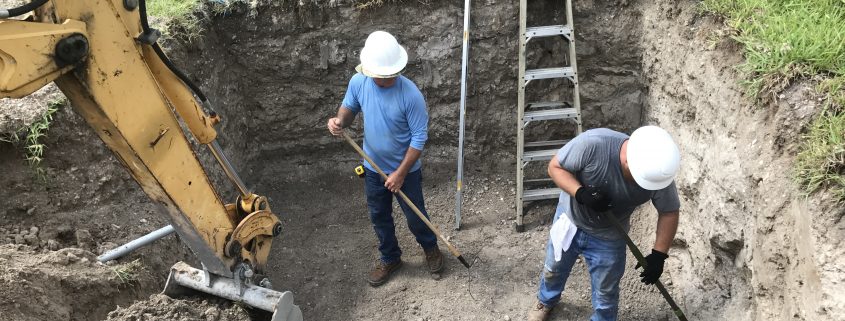Understanding Special Districts
There are many special districts within the State of Florida. The Lake Worth Drainage District (LWDD) is one of the 1,700 active special districts that provide services. However, many Floridians do not understand what a special district is, and its role in the community.
Special districts have four common characteristics. They are a form of government; they are governed by a board; they provide services and facilities, and they have defined boundaries.
Unlike cities and counties that are general-purpose governments and perform a broad array of services to protect the health, safety, and welfare of all their citizens, special districts are limited purpose local governments and provide only the specific services for which they were created. They are good examples of democracy at work because they provide services the public requires and only those receiving the services pay an assessment, fee or tax.
Special districts have the legislative authority to provide the required facilities to complete the work they were created for. For example, constructing public works projects such as canals and water control structures. They have the taxing authority to raise money to pay for these projects as well as their maintenance and operation. However, special districts rarely have the regulatory authority to enact laws or ordinances for a common public goal. For example, water restrictions which are imposed to reduce the public’s use is under the authority of the South Florida Water Management District, a state agency.
Most special districts are single-purpose Districts. This is true for the LWDD whose sole function is to provide drainage for the landowners within its boundary. Others, such as the Indian Trail Improvement District provide several services in addition to drainage, like road construction and recreational facilities. Special districts can further be identified as dependent or independent. LWDD is an independent district because its governing board is elected by the landowners within its boundary and not appointed by another government entity as in the case of the Housing Finance Authority of Palm Beach County.
LWDD is authorized by legislation to assess its landowners for the flood control services it provides. In 2019, the assessment is a non-ad valorem fee of $49.50 per one acre or portion thereof. The acre assessment provides that all landowners within the LWDD boundary pay a share that is weighted to the quantity of land that receives drainage services. For example, the average single-family resident pays $49.50 a year whereas an agricultural business may pay several hundred times that amount.
It is common for drainage districts to elect board members by a ‘one acre one vote’ method. This is different than a ‘one person one vote’ method used by cities and counties. The acre-vote system ensures landowners who have a greater stake in the drainage services received also have a greater say. This is like owning stock shares in a company. The more stock you own, in this case land, the more votes you cast. Because LWDD provides only the single purpose service of drainage, it is reasonable that the number of votes cast be comparable to the amount of assessment paid and quantity of land owned.




